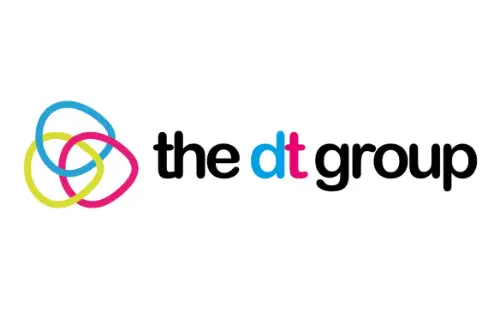Whether you loved or hated maths at school, you can’t get away from the importance of knowing key figures as an adult.
According to research commissioned by KPMG UK for charity National Numeracy, 35% of adults say that doing maths makes them feel anxious, while 29% say they actively try to avoid anything to do with numbers and data.
Even Deborah Meadon, the queen of TV business programme Dragon’s Den, recently confessed on social media that she only achieved a D grade in her Maths O Level! But she now quizzes entrepreneurs on their figures and shows her mastery of the numbers in doing so.
If you are thinking about buying a franchise, it doesn’t matter what industry sector it is in, you will need to get to grips with the figures. Even if you bring in expertise to help (bookkeeper and accountant will be needed to help with your business of course) you still need to understand how your business works.
A huge benefit of buying a franchise instead of going it alone means that your franchisor will be able to help you at the outset and support you as your business grows.
You will almost certainly need to do a business plan before you sign up as a franchisee and this will also be needed by a bank if you are looking for funding. Part of your research into your chosen franchise will involve understanding how the numbers will work and importantly how the cash comes in to help you pay the bills.
With a smaller, owner operator franchise with no staff or premises, the initial projections could be simple, especially if your customers are expected to pay you straight away. But if you are looking at a franchise with staff and maybe premises or vehicles, you need to have a deeper understanding of how those numbers make sense.
At the start of your franchise journey
Think about the key numbers for you personally. How much money do you have to invest in a franchise? You won’t normally have to put in the whole of the start-up costs, as the major banks understand franchising and are usually able to fund 60% or 70% of the total.
How much money are you going to need to take out of the new business every month? It is helpful if you can keep that as low as possible, but you will still need to cover your personal expenses, living costs etc. so factor that in.
Understand what you are getting for your franchise fee, finding out what is included and what else you might need to pay for. This could be the cost of the initial marketing launch, opening stock, recruiting costs if you need staff. Premises costs will add up, especially if there are fit out costs and planning permission is required. What are the ongoing overhead costs payable every month?
Take the time to understand the sales the business is forecasting. How will customers come in on a daily/weekly/monthly basis, will it be occasional large sales or daily small purchases? What about factoring in a few months of little or no income at the start? Can you fund your personal expenses until the business is strong enough to allow you to pay yourself?
Franchisors should take the time to explain the way the business builds and how the money comes in. You’ll need to understand pricing and the competitive landscape in your territory so this should also form part of your research before you sign up. Do some mystery shopping if that is possible to assess your competition.
Running your franchise
Once you are up and running, you are going to need to keep an eye on a range of key performance indicators, your KPIs.
One of the many benefits of franchising rather than going it alone is that your franchisor should be able to help you understand and monitor the important metrics for your industry sector and type of business. They may offer bookkeeping services or signpost a good provider who is used to the business so can help with benchmarking and problem solving. If your customers don’t pay you straight away, you need to have a robust and effective system of invoicing, chasing and encouraging early payment, a vital aspect of running a business. So, make sure you understand your payment cycle and control it.
It isn’t just about numbers and money – providing excellent customer service helps to ensure that your business has a great reputation, so keep a close eye on those measures as well.
Selling your business/exit plans
It might seem strange to think about leaving before you even start your business, but you should be aiming to build an asset you can sell in due course.
The most effective way to build a business with a good resale value is to show a profitable and growing business so again, you can’t get away from the figures.
Understanding the potential resale value and preparation required will need to be an article in its own right, looking at balance sheet, profit and loss, year on year progress and asset values.
At the outset of your journey, focus on building your business, just don’t put your head in the sand if numbers take you out of your comfort zone! You don’t have to love numbers, but you do need to understand your key metrics, whatever they are in your chosen franchise.
And remember, your franchisor and other franchisees in the network are there to give you support, they will no doubt have seen it all before, so don’t let memories of hating maths at school hold you back.

































